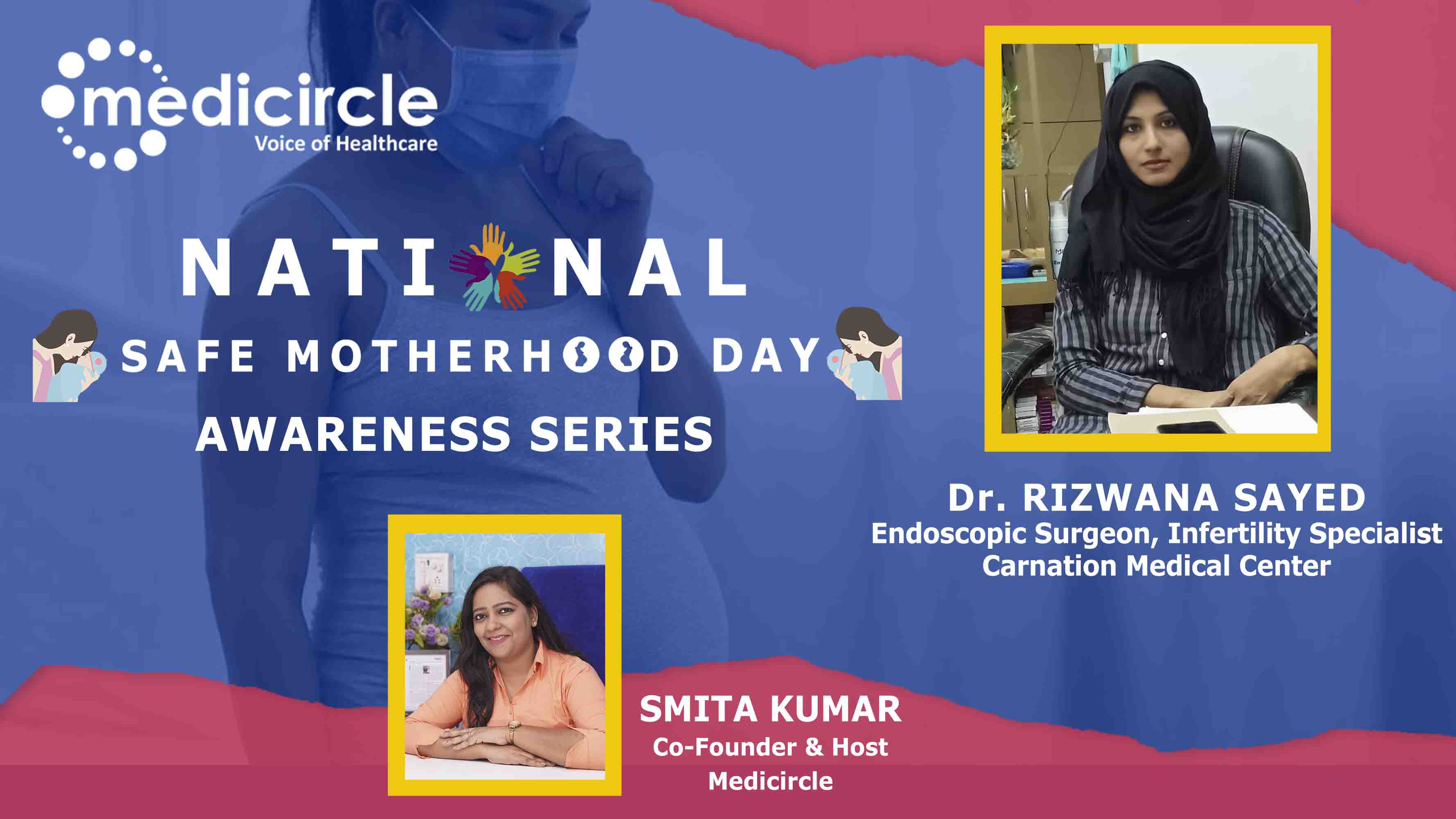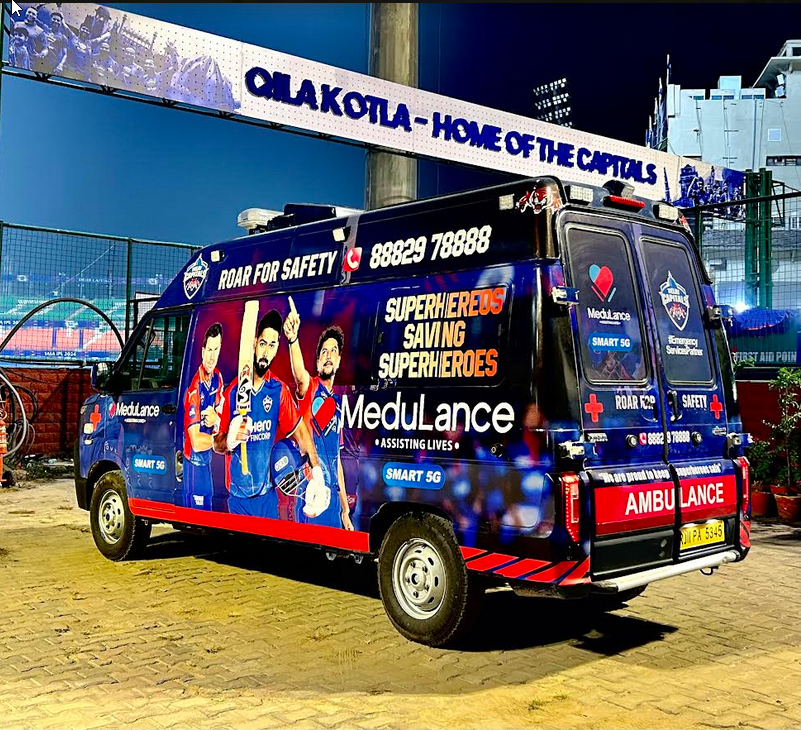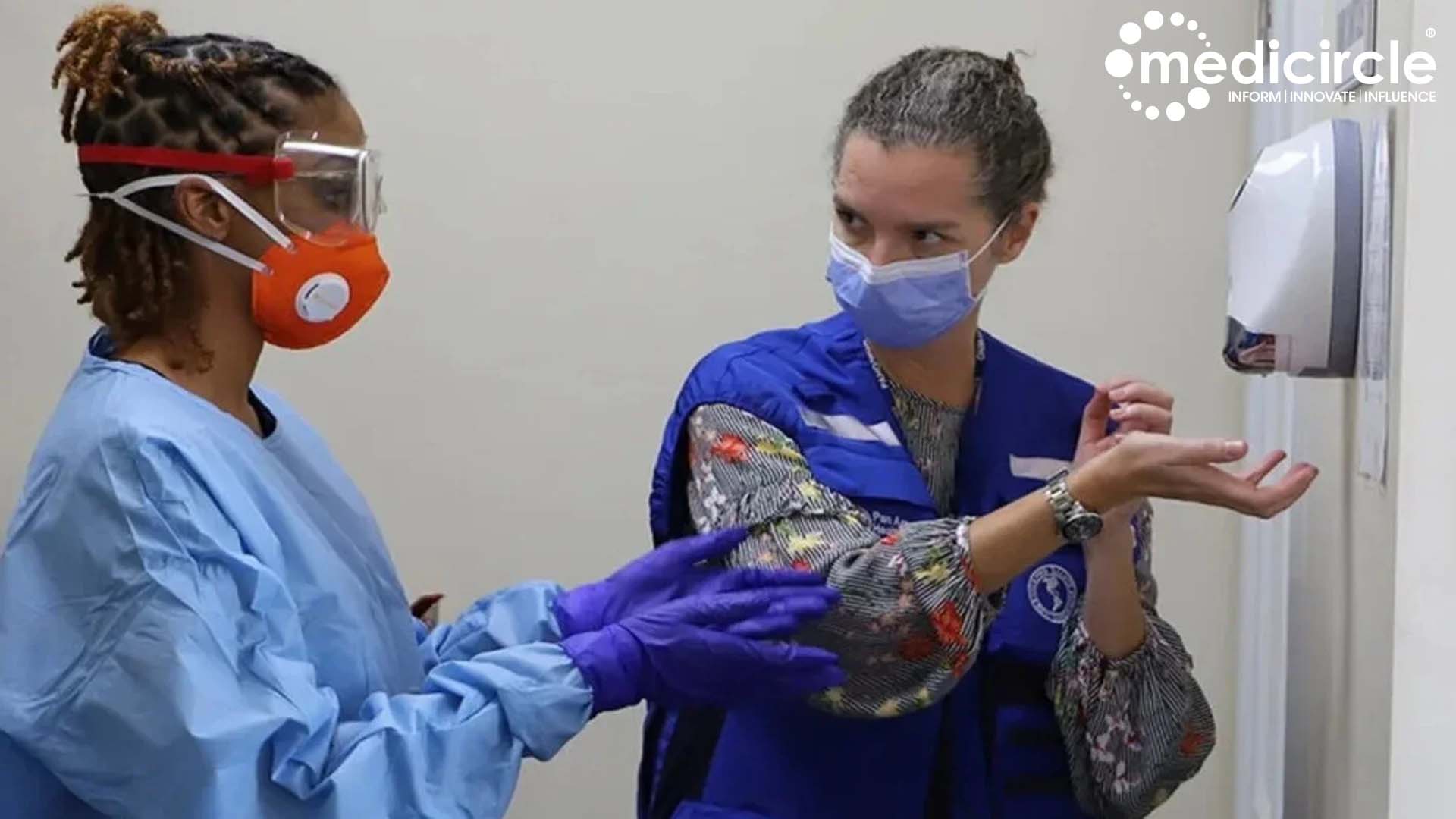Becoming a mother is one of the most phenomenal events in a woman's life. Nothing gives her more joy than holding her baby in her arms. But for some women, it is a challenging time to become a mother during the ongoing outbreak of coronavirus pandemic. Fear, anxiety, and feeling of uncertainty have gripped them during this otherwise happy time, and yet they have handled the situation gracefully. Medicircle presents the ‘National Safe Motherhood Day Awareness Series’ featuring Successful Mompreneurs, Healthcare Professionals, Entrepreneurs, Obstetricians and Gynaecologists working on Safe Motherhood to raise awareness about adequate access to care during pregnancy, childbirth, and postnatal stage.
Dr. Rizwana Sayed is a Consultant Gynecologist and Obstetrician and practices at Advanced Multispeciality Hospital, Juhu, Mumbai. She is the Director of Carnation Medical & Diagnostic Centre. She has 15 yrs of experience in Obstetrics and Gynecology. She is also a Laparoscopic Surgeon and Infertility Specialist. She is the member of FOGSI, MOGS, IMA, IAGE etc.
Emphasis on maternal nutrition and awareness of available facilities is required
Dr. Rizwana emphasizes, “Foremost is education and awareness. Women should be aware of the available facilities. They should be aware of what needs to be done to avail the facilities. If we go and see at our tertiary level care, most of the women are not aware of the facilities which are there. Like say post-abortion, there are kits and other facilities available which women are not aware of. So, I feel that first and foremost is education and awareness of what facilities we have and what we can offer. Clinically in India, the biggest concern is population. The interval between two pregnancies is very less. Most of the mothers lack nutrition and as one pregnancy ends the other pregnancy begins. Keeping an adequate amount of gap between two deliveries and counseling is required. Identifying high-risk pregnancies and then deferring them at the proper time is the need. I always emphasize maternal nutrition. If mother's nutrition is good, the baby would be fine. The antenatal and postnatal complications won't occur. There should always be emphasis on maternal nutrition as ways to avoid antenatal and postnatal complications” she says.
Continuum of care especially in rural areas is a dire need
Dr. Rizwana mentions, “Maternal mortality rate can be reduced with continuous care. It’s especially observed in rural areas that continuous care is lacking. In rural areas tertiary care centers, primary health centers are missing. There is no referral facility. There is no way to refer to complicated patients. There is no facility for blood banks. It is very important to maintain the continuum of care. There should be a chain of facilities. That is what lacks in India. I think the foremost reason for maternal mortality is that in rural areas we don't have places to defer complications. It's not that we don't know how to handle complicated cases, we don't have the facility to defer. So, in my opinion, in India, the most important thing is that we should maintain the chain of the continuum of care to these patients, and they should have access to skilled care at any point in time. The maternal mortality rate has decreased in India for the past 10 years. The number of cases of deliveries at home has also decreased in the last 10 years. People are opting for hospital deliveries. However, from the perspective of the rural scenario, issues related to safe motherhood are still not good at all,” says Dr. Rizwana.
Complications that should not be ignored
Dr. Rizwana advises, “If there is continuous vomiting or diarrhea or the patient is not able to retain fluid at all, then the patient should immediately consult her doctor. If there is bleeding then too immediate consultation with the doctor is required. Bleeding, leaking, abdominal pain, persistent headache, blurry vision, decrease in the baby's movement are some concerns that cannot be ignored. In these covid times if there is fever, either low grade or high grade, breathlessness, weakness, etc. then doctor’s consultation is very important.”
Covid precautions are even more important during pregnancy
Dr. Rizwana emphasizes, “The general rule for the public should be more strictly followed by pregnant women and they should take more care of their health because they are in an immune-compromised state. Social distancing, wearing a mask, using sanitizer is extremely important because immunity in pregnant women is as it is low. They are at higher risks of catching an infection. A balanced diet and proper nutrition are a must. Public places should be avoided, hygiene should be maintained, going out of the house if not necessary should be avoided. These days there are online consultations. It is a boon actually as this way pregnant ladies do not require unnecessary travel and can prevent themselves from getting exposed to the non-conducive environments.”
You may get in touch with Dr. Rizwana Sayed at:
Address
Carnation Medical & Diagnostic Centre, 8, Amina Manzil, Kishor Kumar Ganguli Marg, Juhu Tara Road, Juhu, Mumbai 400 049.
Contact No.
9769813050 / 7875345602
Email Id:
(Edited by Amrita Priya)

 Maternal nutrition, awareness of available facilities, adequate gap between two deliveries, continuum of care in rural areas, non-ignorance of complications, and strict adherence to Covid precautions are advised for Safe Motherhood by Dr. Rizwana Sayed.
Maternal nutrition, awareness of available facilities, adequate gap between two deliveries, continuum of care in rural areas, non-ignorance of complications, and strict adherence to Covid precautions are advised for Safe Motherhood by Dr. Rizwana Sayed.













.jpeg)















.jpg)




